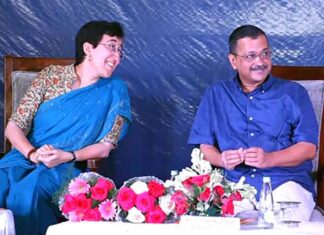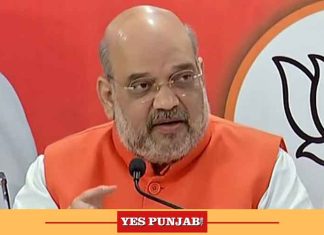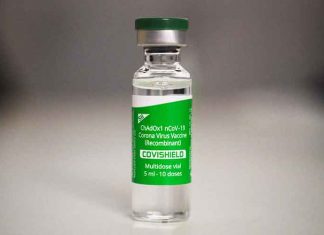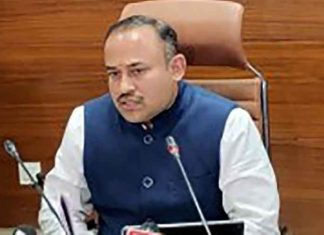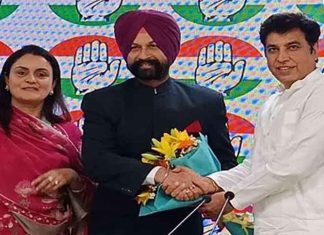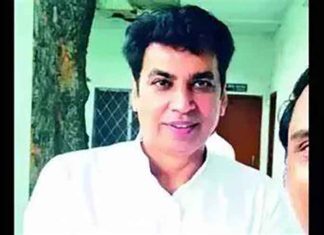Do senior citizens have a saving scheme? If you are not aware of this, you are a little behind the game I would say. Let me make it plain, simple, and straight to the point. There is a scheme launched and sponsored by the government for senior citizens alone, launched in the year 2004. The main objective of this scheme is to assist senior citizens with a regular flow of income that offers guaranteed interest payments that can be availed every quarter.
Not everyone can avail the benefit of the scheme, and for someone to avail this government scheme they need to fit into a certain criterion, and that is here for you.
Who is Eligible for the Senior Citizens Savings Scheme?
* An individual who is 60 years of age or older at the time of creating an SCSS account.
* Individuals who are over the age of 55 but under the age of 60 and have retired on superannuation are eligible to create an SCSS account.
* Individuals who have reached the age of 55 and retired prior to the adoption of the SCSS regulations are eligible for the scheme.
* Retired Defense Services employees, regardless of age, are eligible under the SCSS. These persons must, however, meet a number of additional requirements.
* Non-Resident Indians (NRIs) cannot open an SCSS account.
* HUFs (Hindu Undivided Families) are also ineligible to create an SCSS account.
Interest Rates that you Can Get in the Scheme
The interest rate for Senior Citizens Saving Scheme is set by the Government of India and changes every year. For the year 2021, the interest rate on the Senior Citizen Saving Scheme is 7.4% per annum.
Although the interest rate on the senior citizen saving plan is nearly similar to the interest rate offered by banks on fixed deposits, the added benefit here is that interest on the senior citizen saving scheme is paid quarterly, whereas interest on fixed deposits is paid yearly. So, if we look at the effective yearly interest rate on the Senior Citizen Saving Scheme, it is more than 9.5%.
Apart from being eligible for the scheme, and what it is, the scheme has mostly opted for its tax implications and benefits.
What are the Tax Implications of the Senior Citizen Saving Scheme?
Investments in SCSS are also eligible for tax breaks in the following ways:
➔ Under Section 80C of the Income Tax Act of 1961, the primary amount deposited in SCSS is entitled to a tax deduction of up to Rs. 1.5 Lakh each year.
➔ Interest on SCSS is taxed in accordance with the individual’s tax bracket. If the interest earned exceeds Rs. 50,000 in a fiscal year, Tax Deducted at Source (TDS) is applied to the interest earned. This TDS deduction restriction for SCSS investments will be in effect beginning with the fiscal year 2020-21.
Now you know that the scheme is not entirely tax-free, but tax deductions can be availed on this scheme.
What are the Core Features of the Scheme?
Maturity of the scheme: The scheme’s maturity duration is five years. Individuals, on the other hand, can extend the maturity period for three years by filing an application in the necessary forms within one year of the account’s maturity. However, following the account’s expiration date, it can be closed without incurring any fees.
Nominations: Nominations can be added to the policy either when the account is opened or after it has been opened.
Individuals are permitted to operate more than one account on their own or to create a joint account with their spouse. Joint accounts, on the other hand, may only be created with the spouse, and the original depositor is the joint account’s investor.
Minimum and maximum deposits: Only one deposit is permitted in the account. It can be in multiples of Rs.1,000, with a maximum deposit amount of Rs.15 lakh. Deposits of less than Rs.1 lakh can be made in cash, while deposits of more than Rs.1 lakh must be made via check. In the event of cheque payments, the day the cheque is cashed becomes the account’s opening date.
Account transfer: An SCSS account can be moved from a bank to a post office and vice versa. The procedure of opening an SCSS account is equally simple and straightforward.
Premature withdrawal: Premature withdrawal is permitted after one year of account establishment. However, early withdrawals after one year and two years would incur a 1.5 percent fee and a 1% charge of the total amount invested, respectively.
If you are wondering where you can find one of these schemes, here is where. The scheme is not one that is just available in certain places or through certain banks. It is widely popular and available throughout the country in several banks.
19 Banks that Offer SCSS
1. Bank of Maharashtra
2. Andhra Bank
3. Allahabad Bank
4. Corporation Bank
5. Bank of India
6. Bank of Baroda
7. Dena Bank
8. Central Bank of India
9. Canara Bank
10. IDBI Bank
11. Indian Overseas Bank
12. State Bank of India
13. Syndicate Bank
14. Indian Bank
15. Punjab National Bank
16. ICICI Bank
17. Vijaya Bank
18. Union Bank of India
19. UCO Bank
Conclusion
If you wanted to know if the scheme was tax-free, the plain and upfront answer to that is – it is not. But that answer does not just end there – it is a scheme that can be claimed for tax deductions apart from the various other benefits that it offers.
Subscribe to YesPunjab Telegram Channel & receive important news updates





